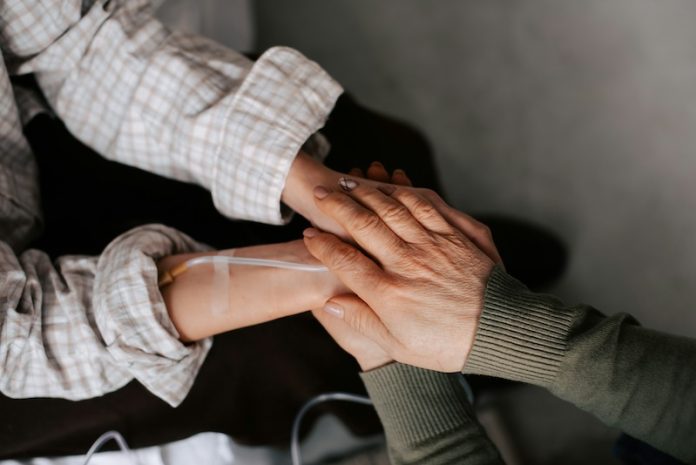
A cancer diagnosis often focuses attention on defeating the disease, but experts emphasize the importance of addressing heart health during treatment.
Specialists in cardio-oncology from the European Society of Cardiology (ESC) warn that the cardiovascular side effects of cancer therapies can significantly impact patients. By integrating heart care into cancer treatment plans early, doctors can improve outcomes and reduce risks.
As the global population ages and cancer diagnoses increase, more patients are experiencing cardiovascular complications from cancer treatments.
To address this growing concern, the ESC has launched the ESC Cardio-Oncology 2025conference, scheduled for June 20–21, 2025, in Florence, Italy. This event will bring together global experts to tackle the overlap between cancer therapy and heart disease.
Studies show that approximately one-third of cancer patients experience mild cardiovascular toxicities, while a smaller percentage develop moderate to severe complications.
These side effects can include heart dysfunction, arrhythmias, high blood pressure, and blood clots. If not carefully monitored, these conditions can progress and even disrupt cancer treatment.
The goal of cardio-oncology is to minimize the burden of cardiovascular disease (CVD) in cancer patients, ensuring they can continue cancer therapies—such as chemotherapy, immunotherapy, and radiotherapy—while maintaining heart health. This requires close collaboration between oncologists and cardiologists.
The ESC has taken significant steps to advance cardio-oncology care. In 2018, it established the Council of Cardio-Oncology, which now includes over 2,000 members worldwide. This group focuses on prevention, early diagnosis, and management of cardiovascular complications related to cancer treatments.
By 2022, the ESC had published its first clinical practice guidelines on cardio-oncology, led by Dr. Teresa López-Fernandez from Spain and Dr. Alexander Lyon from the UK.
These guidelines outline how to assess cardiovascular risk in cancer patients, implement preventive strategies, and monitor heart health using advanced imaging techniques and biomarkers.
They also provide recommendations for managing cardiac issues early, allowing cancer treatment to continue whenever possible. Long-term follow-up for cancer survivors is a critical part of these guidelines, given the potential for late-onset cardiovascular side effects.
Special populations, including children, adolescents, and pregnant women with cancer, are also addressed in the guidelines. These groups require tailored care to balance cancer treatment with the unique challenges posed by their conditions.
One key finding from the guidelines is that teamwork between cardiologists and oncologists is essential.
Together, they can develop protective strategies to shield the heart during cancer treatment. For example, if cardiac dysfunction arises, the teams can weigh the benefits and risks of continuing treatment, ensuring patient safety without compromising cancer care.
Dr. López-Fernandez highlighted the growing need for cardio-oncology expertise as more people live longer and require chronic cancer therapies.
Dr. Lyon added that the field is poised to expand, emphasizing the importance of global collaboration through forums like the upcoming ESC conference.
In summary, cardio-oncology is an emerging specialty aimed at protecting heart health while delivering effective cancer treatment.
By combining the expertise of cardiologists and oncologists, patients can receive comprehensive care that reduces cardiovascular risks and improves their overall outcomes.
The ESC’s efforts to advance research, create guidelines, and foster collaboration will help ensure that cancer patients not only survive but thrive.
If you care about cancer, please read studies that low-carb diet could increase overall cancer risk, and new way to increase the longevity of cancer survivors.
For more information about cancer, please see recent studies about how to fight cancer with these anti-cancer superfoods, and results showing daily vitamin D3 supplementation may reduce cancer death risk.
The research findings can be found in the European Heart Journal.
Copyright © 2025 Knowridge Science Report. All rights reserved.



